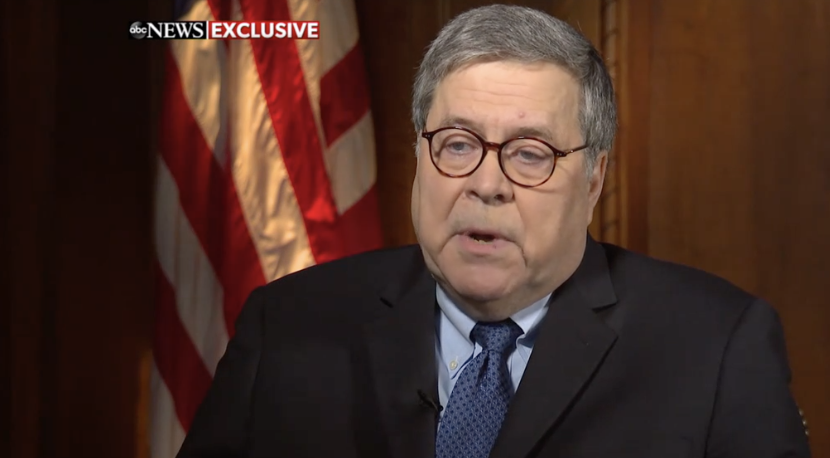DOJ’s Ukraine Fire Sale: The Jerry Nadler Questions Bill Barr Didn’t Answer
Yesterday, Natasha Bertrand posted a January 17, 2020 memo issued by Deputy Attorney General Jeffrey Rosen, which was cited in a response DOJ sent to a letter Jerry Nadler sent on February 10. In it, Assistant Attorney General for Legislative Affairs Stephen Boyd explained that — in addition to asking Scott Brady to manage intake of any disinformation Rudy Giuliani provides DOJ, Rosen “assigned Richard Donoghue, the U.S. Attorney for the Eastern District of New York, to assist in coordinating … several open matters being handled by different U.S. Attorney’s Offices and Department components that in some way potentially relate to Ukraine.”
Add Donoghue to the list of US Attorneys that Attorney General Barr has deployed in his effort to politicize the Department.
Because the Donoghue Ukraine news (and the suggestion that Donoghue may be overseeing an investigation into the Bidens) got so much attention, there has been little attention to the questions Nadler originally asked, most of which Boyd did not answer.
But those questions are perhaps more telling.
For starters, Bill Barr did not answer whether he intends to recuse himself from the Ukrainian grifter case.
In light of the allegations by Mr. Parnas against the Department and you personally, do you intend to recuse yourself from any and all communications relating to Ukraine? Have you done so already?
In addition, Barr did not answer several questions about communications between DOJ, Rudy, and the White House:
(8) Please state the dates of any communications between the Department and Mr. Giuliani regarding information relating to Ukraine or investigations of the Bidens. Please state who else, if anyone, participated in those communications.
(9) Has the Department shared any information it has received from Mr. Giuliani with President Trump or any other White House official? If so, please state the dates of any such communications, the participants in any such communications, and the nature of the information conveyed to the White House.
(10) Have you discussed the intake process with President Trump or any other White House official? If so, please state the dates of any such communications, the participants in any such communications, and the nature of the discussion.
The only answer Boyd gives to any of these questions effectively repeats DOJ’s September 25, 2019 press answer.
Finally, your letter poses questions regarding a September 25, 2019 press statement by the Department. That statement remains accurate. As Attorney General Barr has repeatedly affirmed, he has not discussed matters relating to Ukraine with Rudolph Giuliani.
In short, Bill Barr refused to answer a specific question about whether he should recuse from an investigation into which he has been personally implicated. And DOJ refused to explain precisely what kind of communications there have been between Rudy, DOJ, and the White House.





Is there any fallout if Barr doesn’t recuse when he is supposed to? For example, would Parnas have grounds to have his case thrown out if he could show Barr influenced decisions when he should have stepped away?
Meanwhile, over at the Pentagon, John Rood (Undersecretary for Policy) is out at Trump’s request, apparently for having the temerity to certify that Ukraine had made sufficient progress toward dealing with corruption to release the military aid they had been seeking.
From the Guardian:
Clearly stating US policy interests that run counter to Trump interests is no way to win friends and influence people in this administration.
What used to be called principal, integrity and governing is now deep state resistance.
This is the long version of
“I’m grappling with the word ‘suggest’” [followed by non-answer]
Meanwhile I’m grappling with the word corrupt.